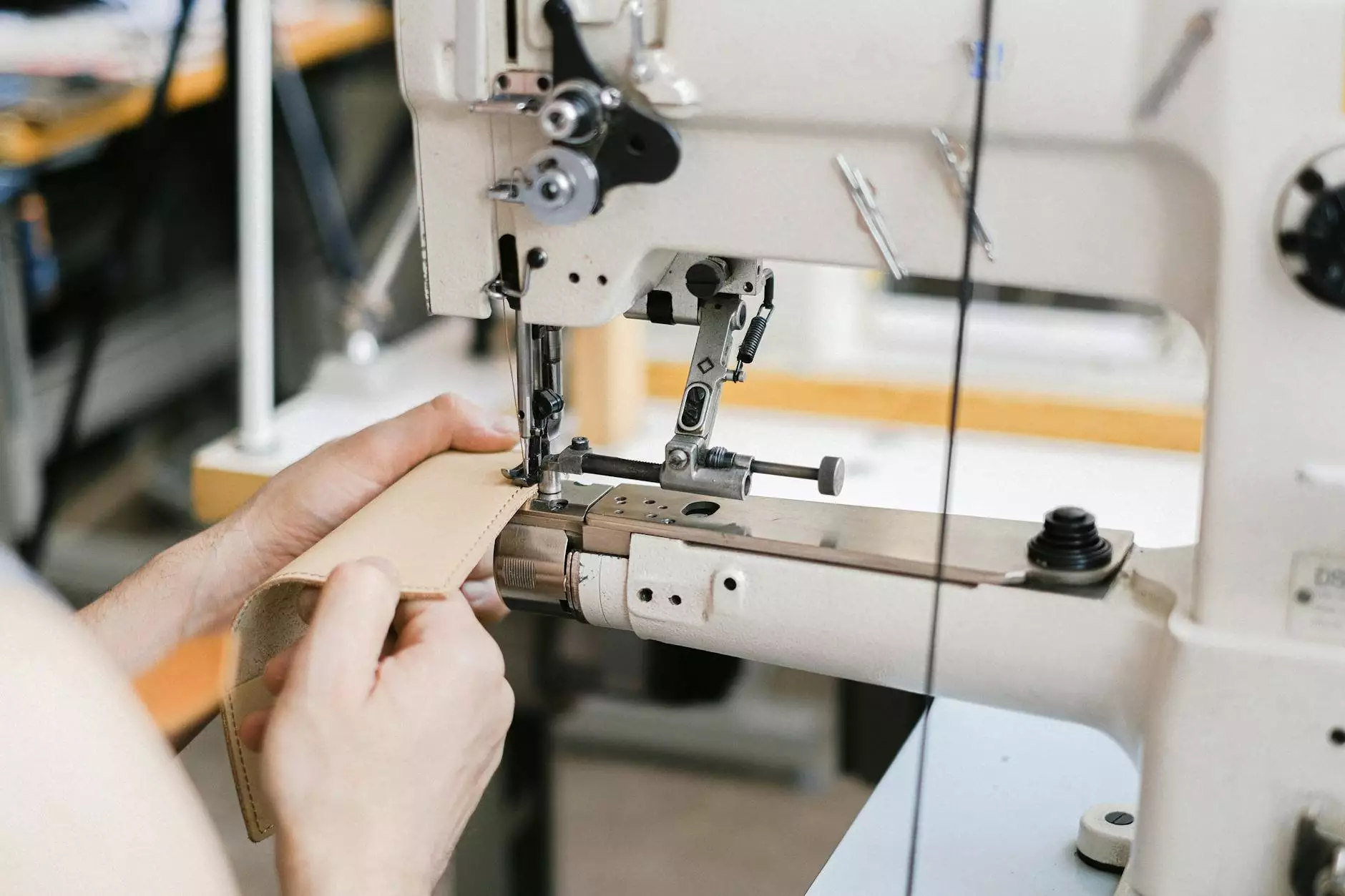Exploring the World of Engine Parts Manufacturers

Engine parts manufacturers play a crucial role in the automotive industry, supplying essential components that power vehicles across the globe. In an ever-evolving market where efficiency and performance are paramount, the importance of high-quality engine parts cannot be overstated. This article delves into the intricacies of the business, current trends, and everything you need to know about the leading manufacturers in the sector.
The Vital Role of Engine Parts in Automotive Performance
Every vehicle is a complex machine, and at the heart of this machine lies the engine. The engine parts manufacturers produce a wide range of components, including:
- Cylinders: The engine's core, where fuel and air mixture is ignited.
- Pistons: Transfer the combustion energy to the crankshaft.
- Cams and Cranks: Vital for engine timing and function.
- Valves: Control the flow of air and fuel in and out of the cylinders.
- Gaskets: Seal the engine to prevent leaks and maintain pressure.
Each of these components plays a pivotal role in ensuring that an engine runs smoothly and efficiently. The processes behind manufacturing these parts involve advanced engineering and technology, which is essential as vehicles become more sophisticated and demanding.
Current Trends in Engine Parts Manufacturing
The landscape of engine parts manufacturers is continuously evolving in response to various factors, including technological advancements, environmental regulations, and consumer preferences. Below are some of the notable trends shaping the industry:
1. Technological Advances
With the rise of automation and AI, manufacturing processes have become more efficient. Computer Numerical Control (CNC) machines and robotics are now commonplace in factories, resulting in:
- Higher precision: Ensuring parts are manufactured to exact specifications.
- Reduced waste: Optimizing resource use to benefit the environment.
- Faster production cycles: Meeting the rapidly changing market demands.
2. Sustainability Practices
The automotive industry is under pressure to adopt sustainable practices. Engine parts manufacturers are responding with initiatives such as:
- Recycling materials: Using reclaimed metals and polymers to reduce waste.
- Energy-efficient production: Implementing renewable energy sources in manufacturing plants.
- Eco-friendly designs: Creating parts that are easier to recycle and have a lower environmental impact.
3. The Shift Towards Electric Vehicles (EVs)
The global shift towards electric vehicles is significantly affecting engine parts manufacturers. While conventional internal combustion engines dominate today, EVs require different components. As a result:
- Manufacturers are diversifying to include parts for batteries, electronic controllers, and charging systems.
- R&D investments are focused on improving efficiency and performance in electric drivetrains.
Top Engine Parts Manufacturers in the Industry
There are numerous big players in the engine parts manufacturing industry, each contributing to the market in unique ways. Here are some of the most notable:
1. Bosch
Bosch is a leading global supplier of technology and services, including engine components. Known for their high-quality sensors, fuel injection systems, and electronic control units, Bosch continues to innovate in automotive solutions.
2. Denso
Denso, a subsidiary of Toyota, specializes in the production of advanced engine control systems and components. Their emphasis on reliability and performance has made them a top choice among automotive manufacturers.
3. Federal-Mogul
Federal-Mogul is renowned for its extensive range of engine parts, including pistons, rings, and bearings. They focus on performance and reliability, catering to both OEMs and the aftermarket sector.
Challenges Facing Engine Parts Manufacturers
While the future of the automotive industry is promising, engine parts manufacturers face several challenges that could impact their success:
1. Supply Chain Disruptions
Global events, such as the COVID-19 pandemic, have highlighted vulnerabilities in supply chains. Manufacturers must adapt by diversifying suppliers and optimizing logistics.
2. Rising Material Costs
The costs of raw materials, such as metals and plastics, have fluctuated significantly. Manufacturers need to find ways to mitigate these costs while maintaining quality and performance standards.
3. Regulatory Compliance
As environmental regulations tighten, manufacturers must remain compliant while innovating and producing cost-effective engine parts. This includes adhering to emissions standards and ensuring sustainability.
Key Takeaways for Engine Parts Manufacturers
In conclusion, engine parts manufacturers are at the heart of the automotive industry. To thrive in this competitive environment, they must focus on:
- Investing in technology to enhance productivity and precision.
- Adapting to market trends, including the demand for electric vehicle components.
- Ensuring sustainability in manufacturing processes and product design.
By prioritizing these elements, manufacturers can position themselves for success in the dynamic landscape of auto parts and supplies.
Conclusion
The world of engine parts manufacturers is intricate and vital to the automotive ecosystem. As technologies evolve and consumer preferences shift, adapting to these changes becomes essential for long-term success. Manufacturers that embrace innovation, sustainability, and customer focus will not only survive but thrive, reinforcing their positions as key players in the automotive supply chain. With the rise of electric vehicles and increasing demand for eco-friendly solutions, understanding these trends and proactively addressing challenges will be fundamental to the future of engine parts manufacturing.









